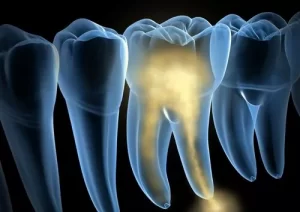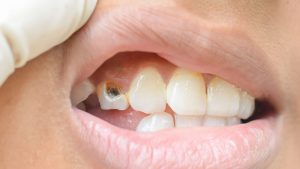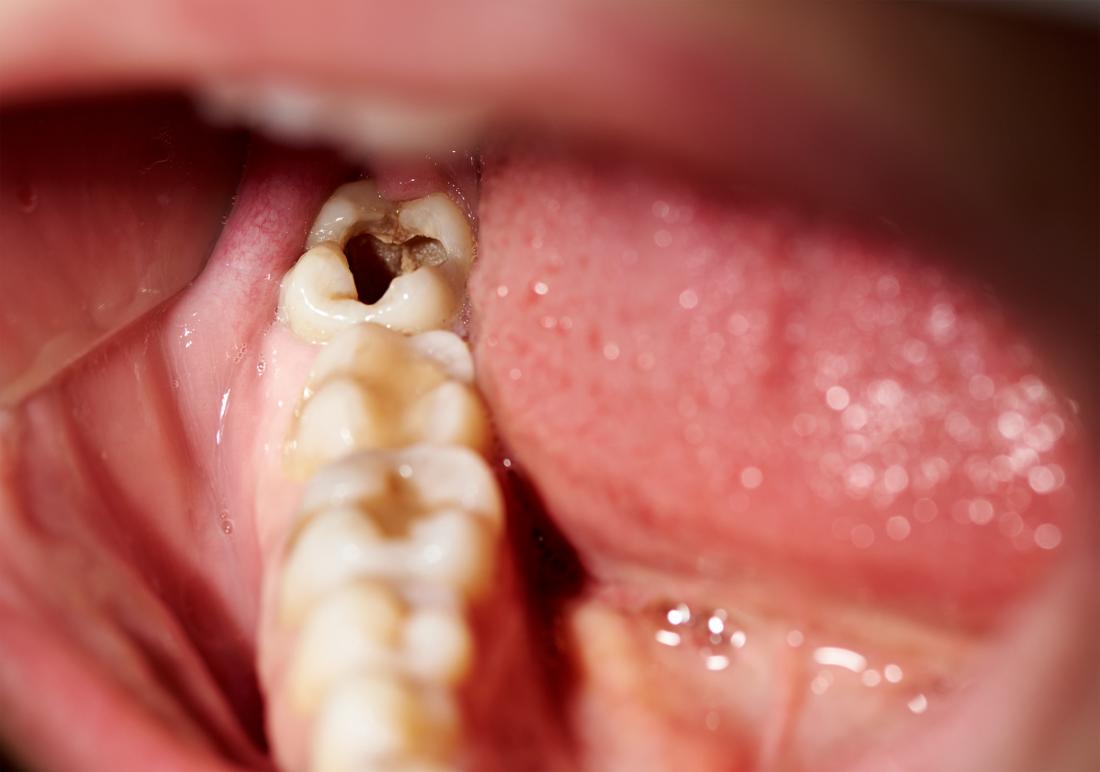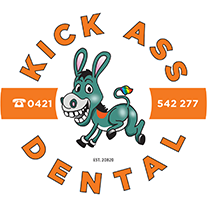What Are the Symptoms of Tooth Nerve Damage?
Understanding Tooth Nerve Damage
Our teeth are more than just hard structures that help us chew our food. They are also home to a complex network of nerves that play a vital role in transmitting sensations to the brain. When these nerves get damaged, it can lead to various uncomfortable symptoms and dental issues. Recognizing the signs of tooth nerve damage is crucial for timely intervention and treatment.
1. Persistent Toothache
One of the most common symptoms of tooth nerve damage is a persistent toothache that doesn’t subside. The pain may be sharp, shooting, or throbbing, and it can intensify when you bite down or expose the tooth to hot or cold temperatures. The damaged nerve sends continuous pain signals to the brain, causing prolonged discomfort.
2. Increased Sensitivity
If you notice heightened sensitivity in one or more teeth, it could be a sign of nerve damage. Teeth affected by nerve damage may become extremely sensitive to temperature changes, especially when consuming hot or cold foods and beverages. The sensitivity might also be triggered by sweet or acidic substances. This discomfort is often a result of exposed nerve endings or an inflamed dental pulp.

3. Numbness or Tingling Sensations
In some cases, tooth nerve damage can lead to numbness or tingling sensations in the affected area. You may experience a loss of feeling or a “pins and needles” sensation in your teeth, gums, or even your lips. These sensations occur when the nerve’s ability to transmit signals is compromised or disrupted due to trauma, infection, or other underlying issues.
4. Discoloration or Darkening
If you notice a change in the color of a tooth, such as darkening or discoloration, it could be indicative of tooth nerve damage. This discoloration occurs when the blood supply to the tooth is disrupted, affecting the tooth’s vitality. The damaged nerve may also cause the tooth to become grayish or blackish in appearance.
5. Swelling or Abscess
When tooth nerve damage goes untreated, it can lead to the formation of a dental abscess, which is a pocket of pus caused by a bacterial infection. The abscess often presents as a swollen, painful bump on the gum near the affected tooth. It can cause facial swelling, fever, and general discomfort. Dental abscesses require immediate attention to prevent the infection from spreading further.
6. Changes in Bite or Jaw Movement
Tooth nerve damage can affect the way your teeth come together when you bite down, leading to changes in your bite or jaw movement. You may notice difficulty in chewing or feel like your teeth don’t fit together properly. Misalignment or problems with jaw movement can occur when nerve damage affects the muscles and ligaments that control these actions.
7. Absence of Pain
In some cases, tooth nerve damage can result in a complete absence of pain. While this may sound like a relief, it’s important to note that the absence of pain doesn’t necessarily mean there is no underlying issue. Pain signals are an essential warning mechanism, and the absence of pain might indicate severe nerve damage or nerve death. Regular dental check-ups are crucial to catch and address these issues.

Seeking Professional Help
If you experience any of the aforementioned symptoms, it is essential to seek professional dental care. A dentist can conduct a thorough examination, possibly including X-rays or other diagnostic tests, to determine the extent of the nerve damage and recommend appropriate treatment options.
Remember, early detection and intervention play a key role in preventing further complications and preserving the health of your teeth and gums. Don’t ignore any signs of tooth nerve damage, as timely treatment can make a significant difference in your oral health and overall well-being. https://kickassdental.com.au/
By recognizing the symptoms of tooth nerve damage and taking prompt action, you can ensure that your dental health remains in optimal condition.





